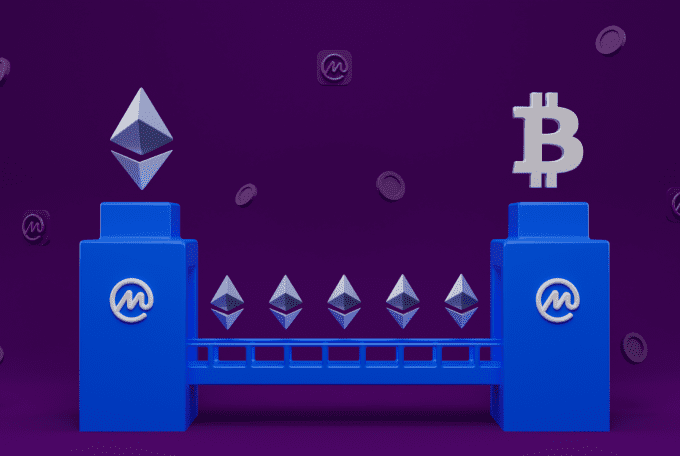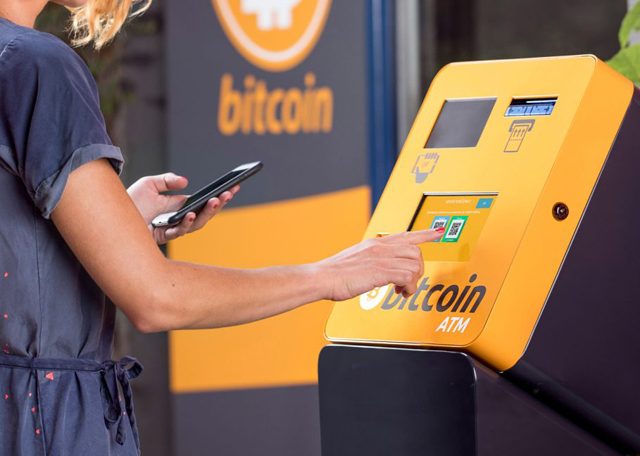As the value of virtual currencies has increased, they have had several disadvantages. The increased chance of scams means that investors are more likely to lose their money, especially if they are not careful enough to avoid scams.
For one thing, virtual currencies are volatile. While this makes them appealing to speculative investors, it makes them less stable than traditional investments. This can make it difficult for companies or consumers to use virtual currencies as the primary form of payment. Thus, begin your exciting financial journey through the bitindex ai platform.
Disadvantages
Increased chances of scams
First, Ripple has a higher likelihood of being scammed. In many cases, the promises made to users are not met—and the promised value never materializes. This can be difficult for investors, leading them to lose faith in virtual currencies as an asset class.
Virtual currencies are not easily regulated and can be used to fund illegal activities. The anonymity created by virtual currency makes it difficult for law enforcement to track criminals and stop them from using the same technology. The higher risk of fraud means virtual currencies should be stored more carefully than fiat currency.
Burden of volatility
Second, volatility is a significant concern with Ripple currencies. This is because their value fluctuates based on factors such as demand and supply. When there is too much demand for something like bitcoin, for example, its price rises quickly; when there is too little demand for it, however, its price falls quickly.
This makes investing in virtual currencies risky because their values can change rapidly over short periods—and even over extended periods if they’re not backed by something tangible like gold or silver (which is how traditional assets are valued).
The volatility burden means that virtual currencies have a high rate of fluctuation in their value. This makes it difficult for users to know how much money they should put into them and how much they should expect to get out.
Virtual currencies are not tied to any government or central bank, so their value can fluctuate wildly based on market forces. This makes them unsuitable for long-term investments, as it is complicated to predict how much money you will earn over time. It’s also difficult to expect the exchange rate between two different types of virtual currencies at any given time, which makes buying and selling volatile assets potentially risky.
Scalability concerns
Thirdly: scalability concerns are another issue with Ripple currencies. Because they’re not backed by anything physical such as gold or silver or other precious metals (like USD), they don’t have inherent value beyond what people want them to have.
Virtual currencies must be able to process large amounts of transactions quickly, or they won’t work well at all—this means they’re not suitable for mainstream commerce like credit cards or online payment systems like PayPal. Scalability concerns mean that there are some concerns about whether or not virtual currencies can be adopted widely enough to serve as a compelling long-term investment.
With blockchain technology, there are no limits on how many transactions can occur on a single network. There’s no need for multiple networks like Bitcoin has to scale its network capacity to meet demand from users. However, this could lead to slower transaction times and higher fees for transactions than we’re used to with other forms of payment.
Fewer rewards and returns
Ripple assets also offer fewer rewards than traditional investments do. For example, suppose you buy stocks in a company. In that case, you’ll be rewarded with dividends and interest payments every quarter (or even monthly) when your shares are sold or exchanged at market value—the same applies to tips on stocks via physical paper certificates or electronic transfer via wire transfers). In contrast, you invest in cryptocurrencies through mining or purchasing mining equipment.
Final words
Virtual currencies are an exciting new way to make payments, but they have several disadvantages that may make them less appealing than traditional assets. Ripple is such an effective way out but has several disadvantages making it a leg down. There are also issues concerning rewards. While many people see rapid growth as an opportunity for profit, others see it as merely an opportunity for theft.





